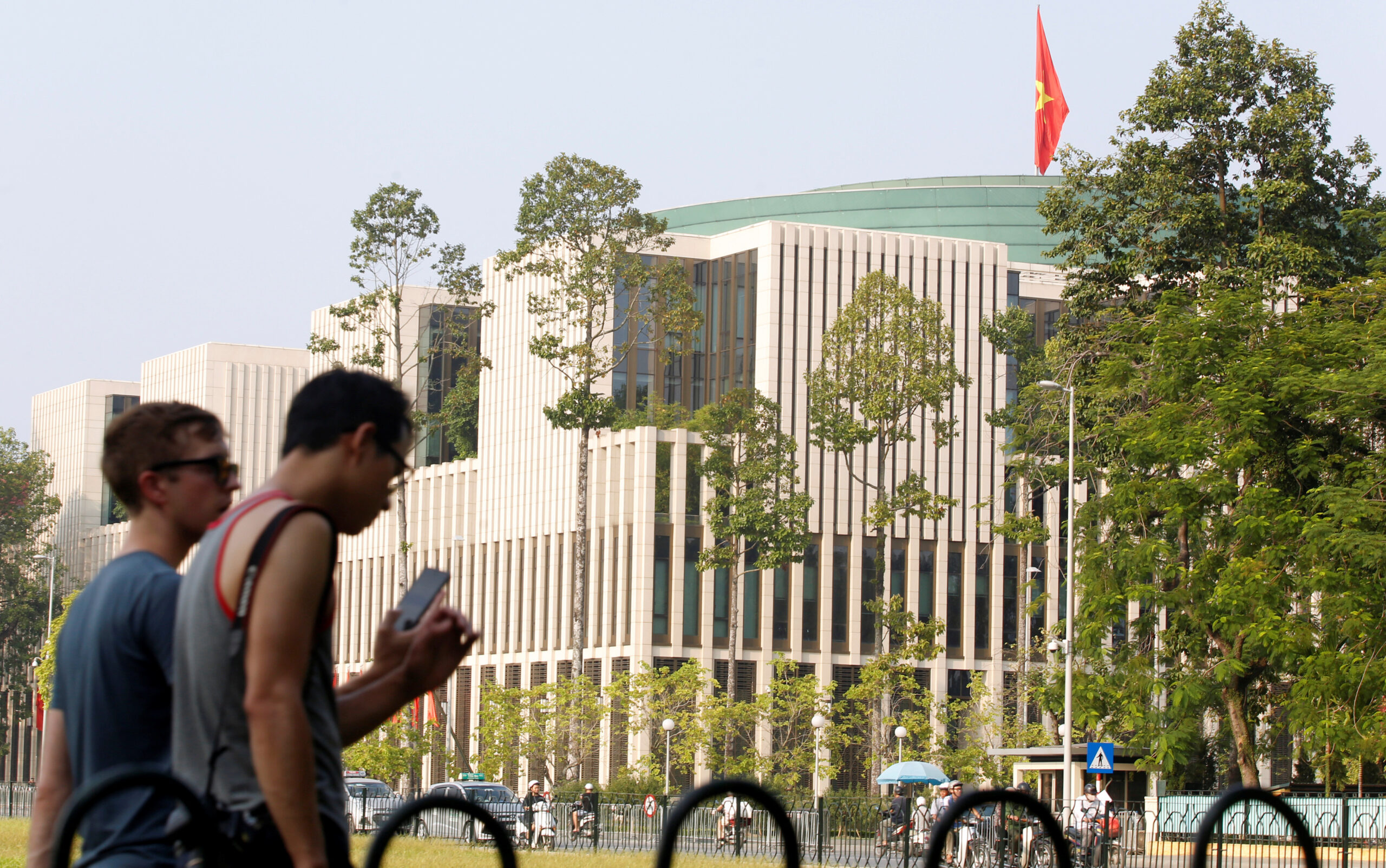Is there a secret to longevity? This health expert says 1,000% yes
In the era of social media, post-COVID, and with mental health at the forefront, a shift is taking […]

Vietnam had initially planned to combine the approval of the tax with measures to partly compensate large foreign investors affected by the higher levy, including South Korean electronics giant Samsung Electronics Co Ltd and U.S. chipmaker Intel Corp, but the separate resolution is not on the parliament’s agenda.
In a sign of how controversial the new tax is, as it could reduce Vietnam‘s appeal among foreign companies if not matched with accompanying subsidies, the parliament had initially ruled out a vote in its current session, the last of the year.
But it has eventually added it back to its schedule, with the vote on the tax expected now at the last day of its month-long session.
It is unclear whether additional incentives for some foreign investors could be adopted in this session in separate legislation, without passing a specific resolution on that. The parliament could in any case adopt the incentives resolution in a later session.
Under the new rules being shepherded through by the Organisation for Economic Cooperation and Development (OECD), companies paying less than 15% in a low-tax jurisdiction will face a top-up levy either in that jurisdiction or in their home country from next year.
Vietnam‘s corporate income tax is already set at 20%, but the country has offered for years effective rates as low as 5% and lengthy zero-tax periods to large foreign investors.
With the new top-up tax, 122 foreign companies will face a steep increase in their tax costs in Vietnam, according to a document prepared by the Vietnamese government which estimated the additional intake for the state at 14.6 trillion dong ($601.05 million) a year.

In the era of social media, post-COVID, and with mental health at the forefront, a shift is taking […]

With its fast speeds and revolutionary potential, 5G stands out as a noteworthy milestone in the field of […]